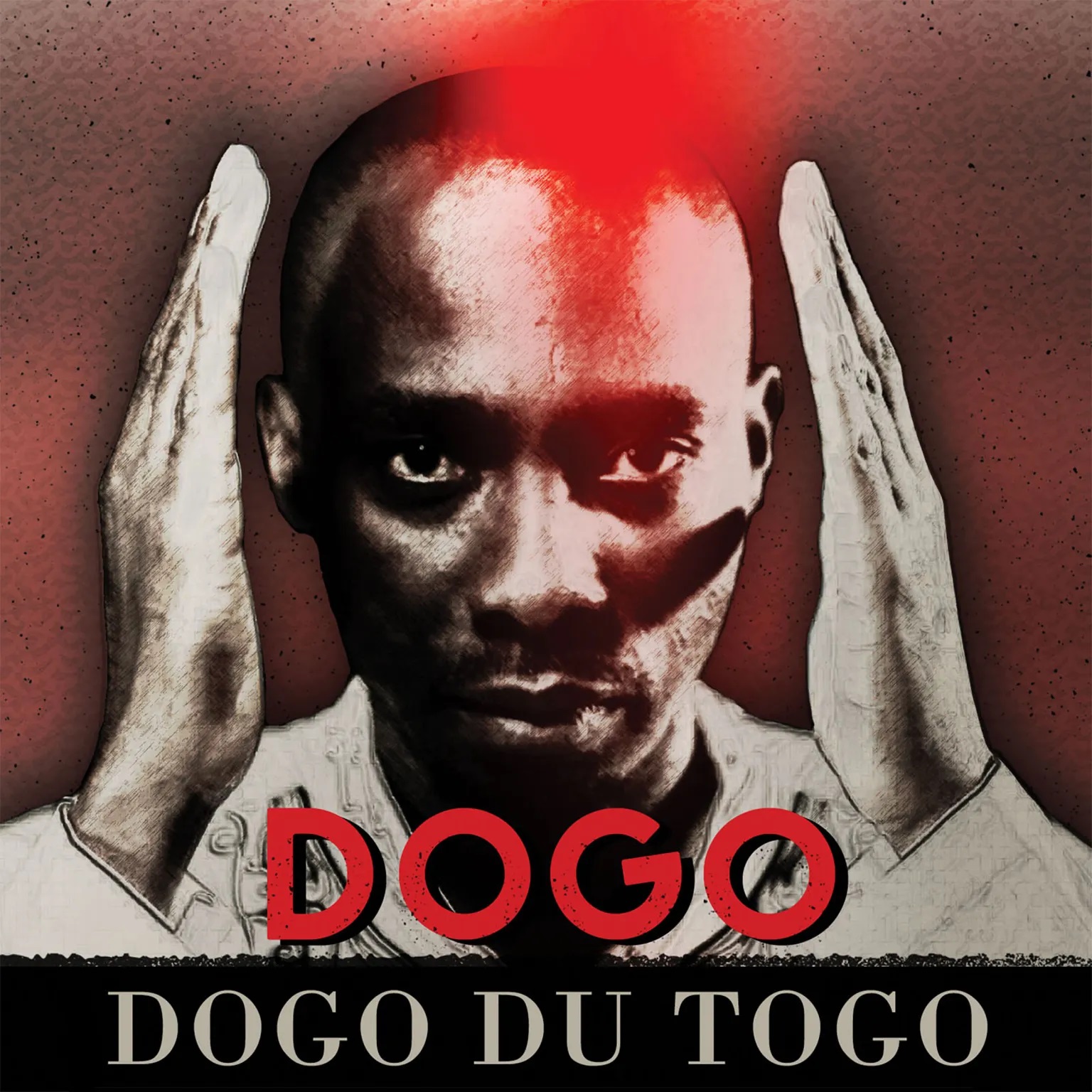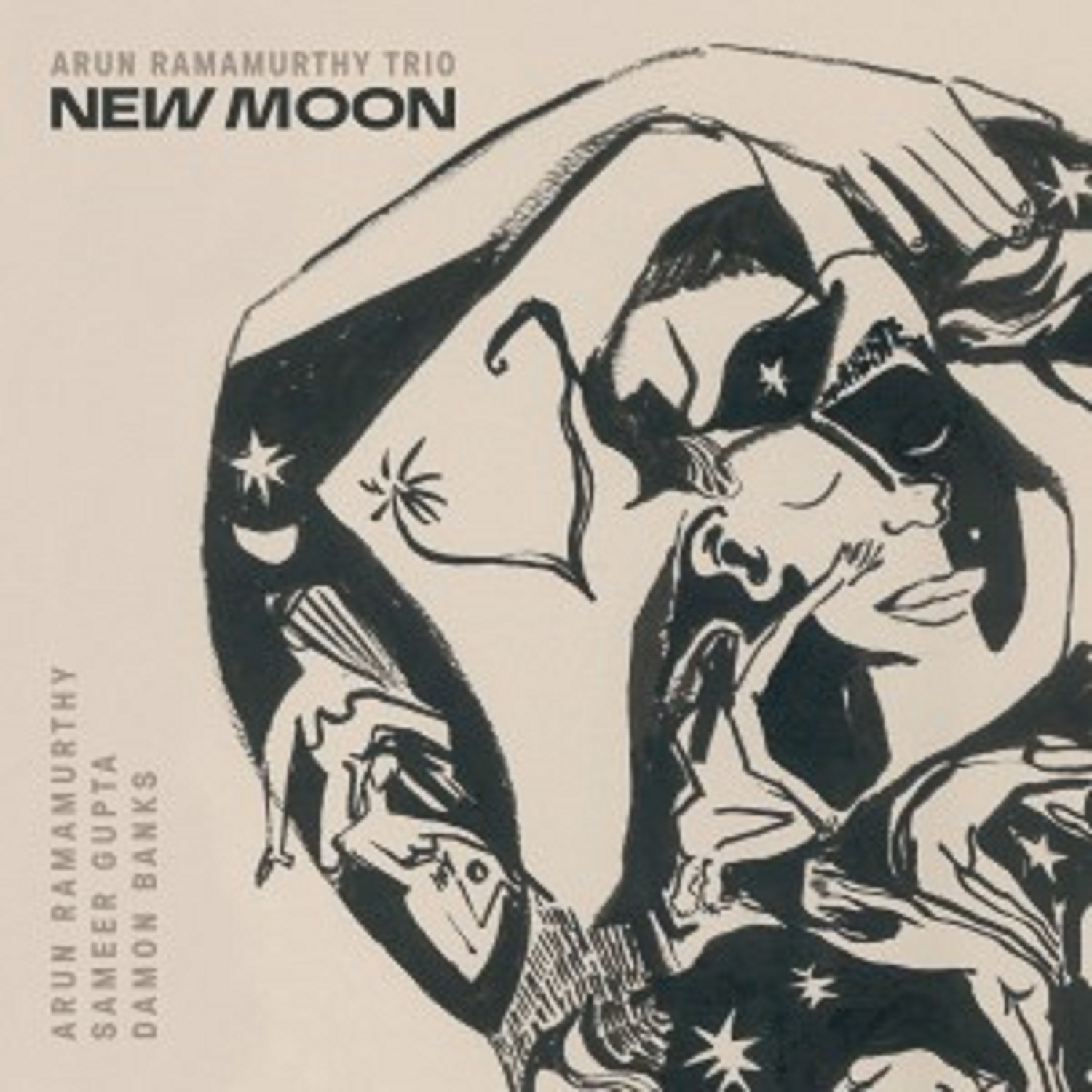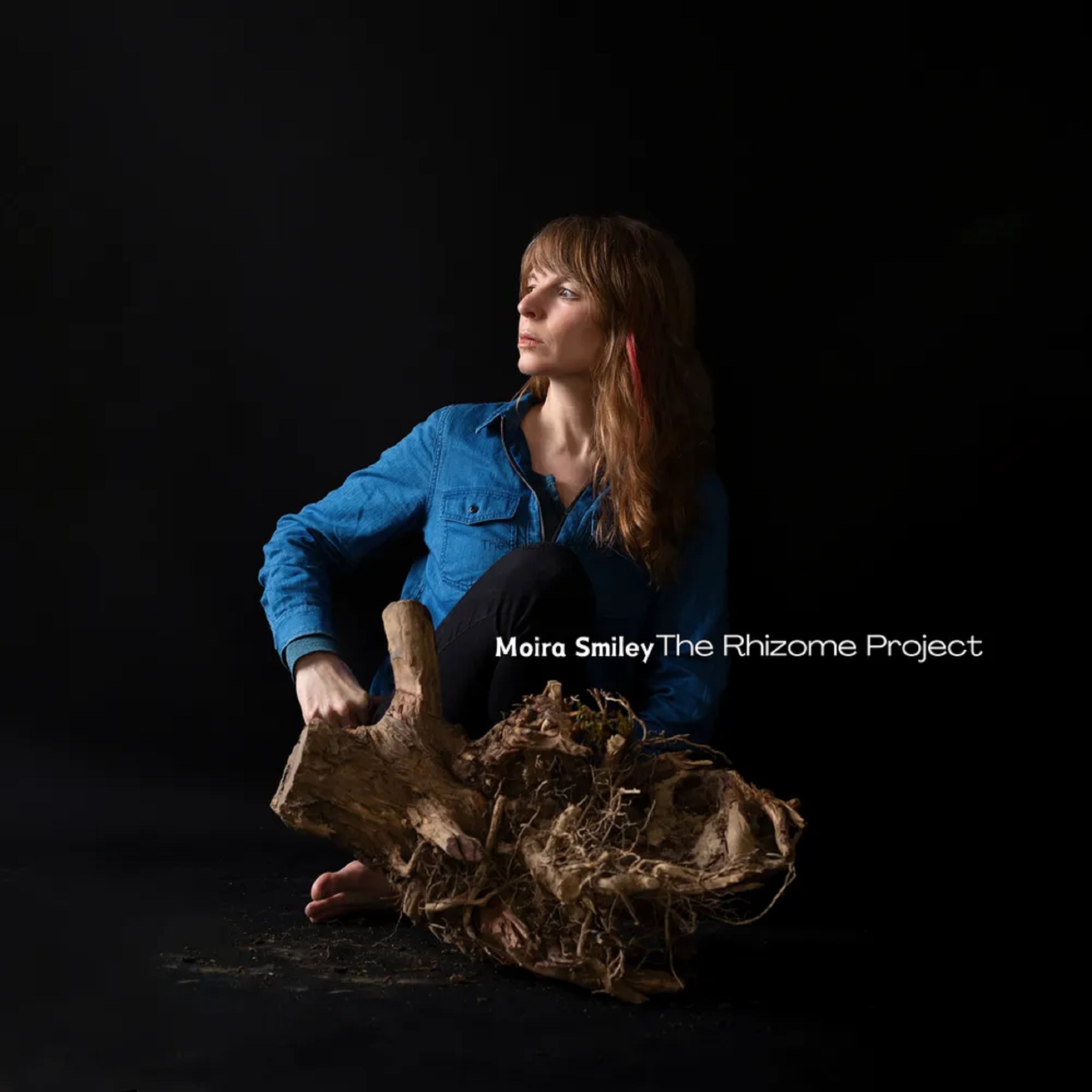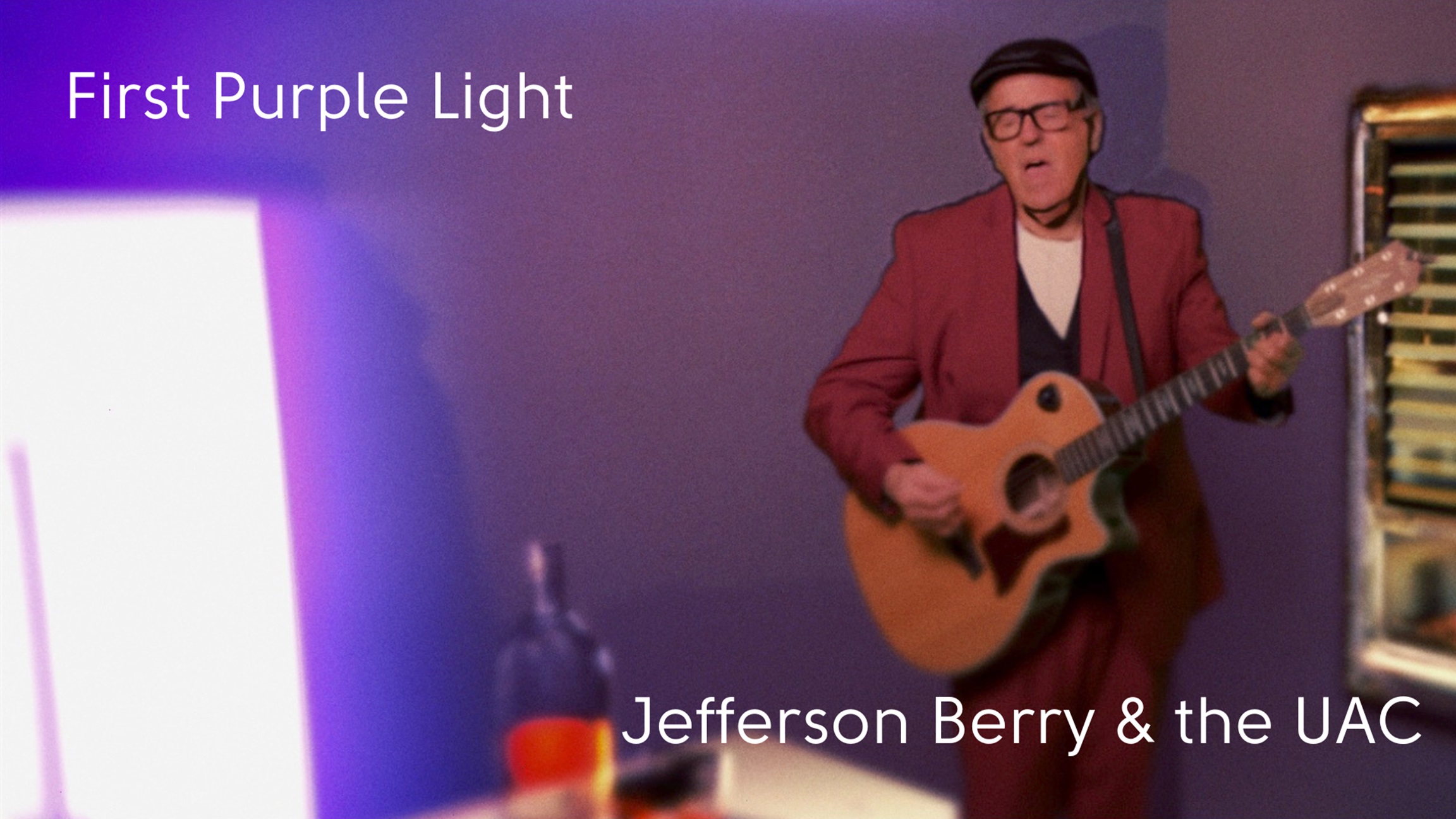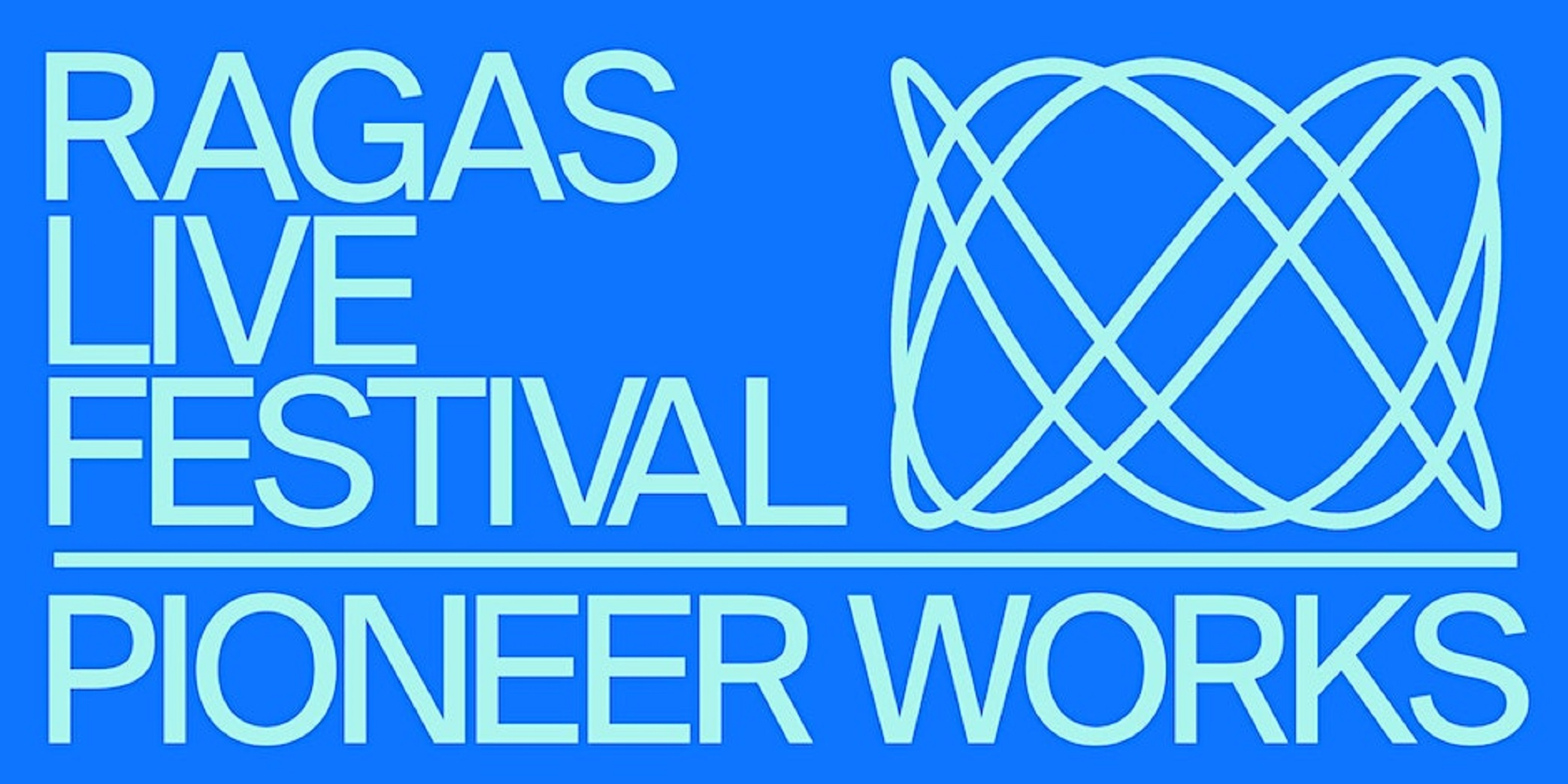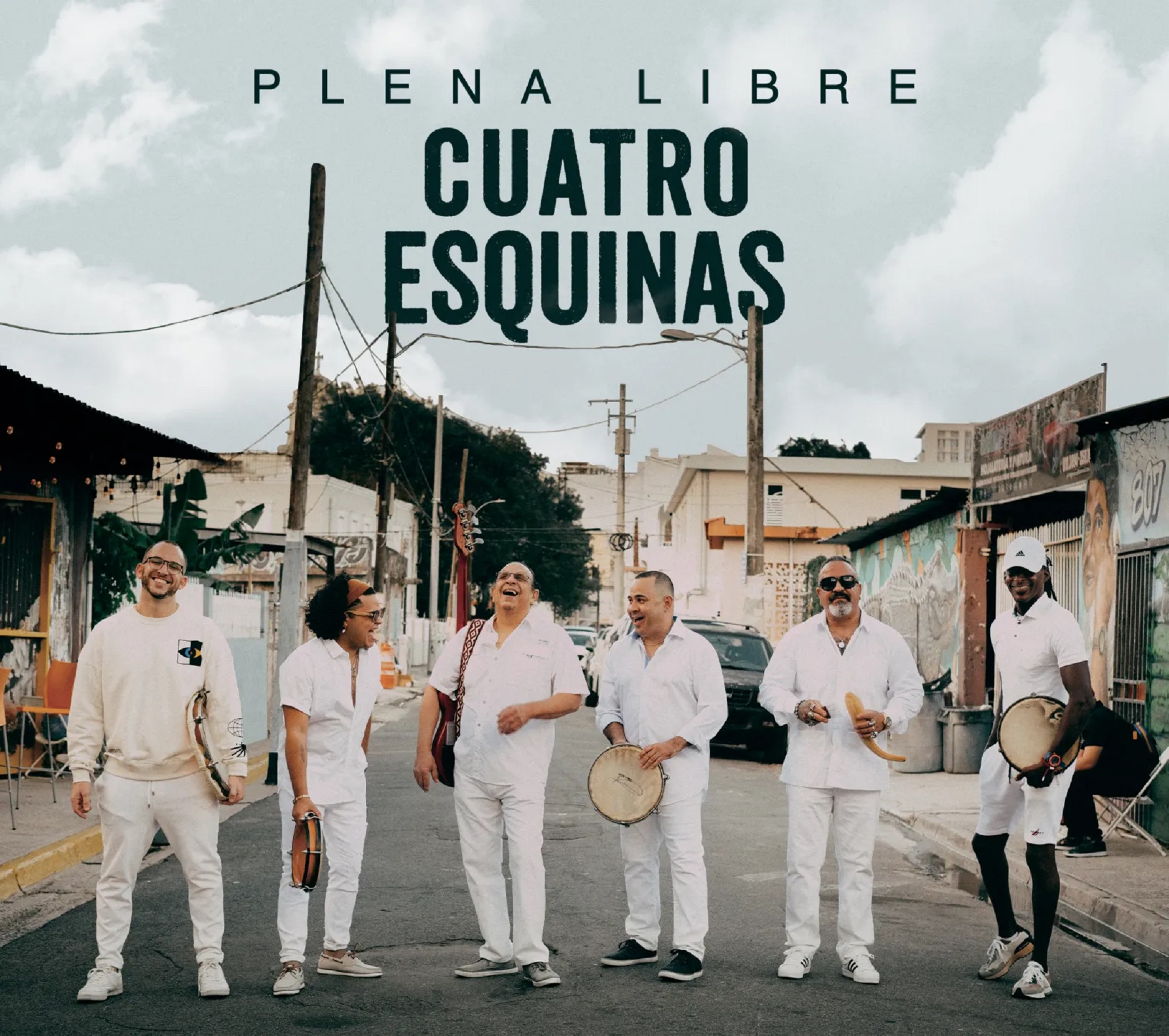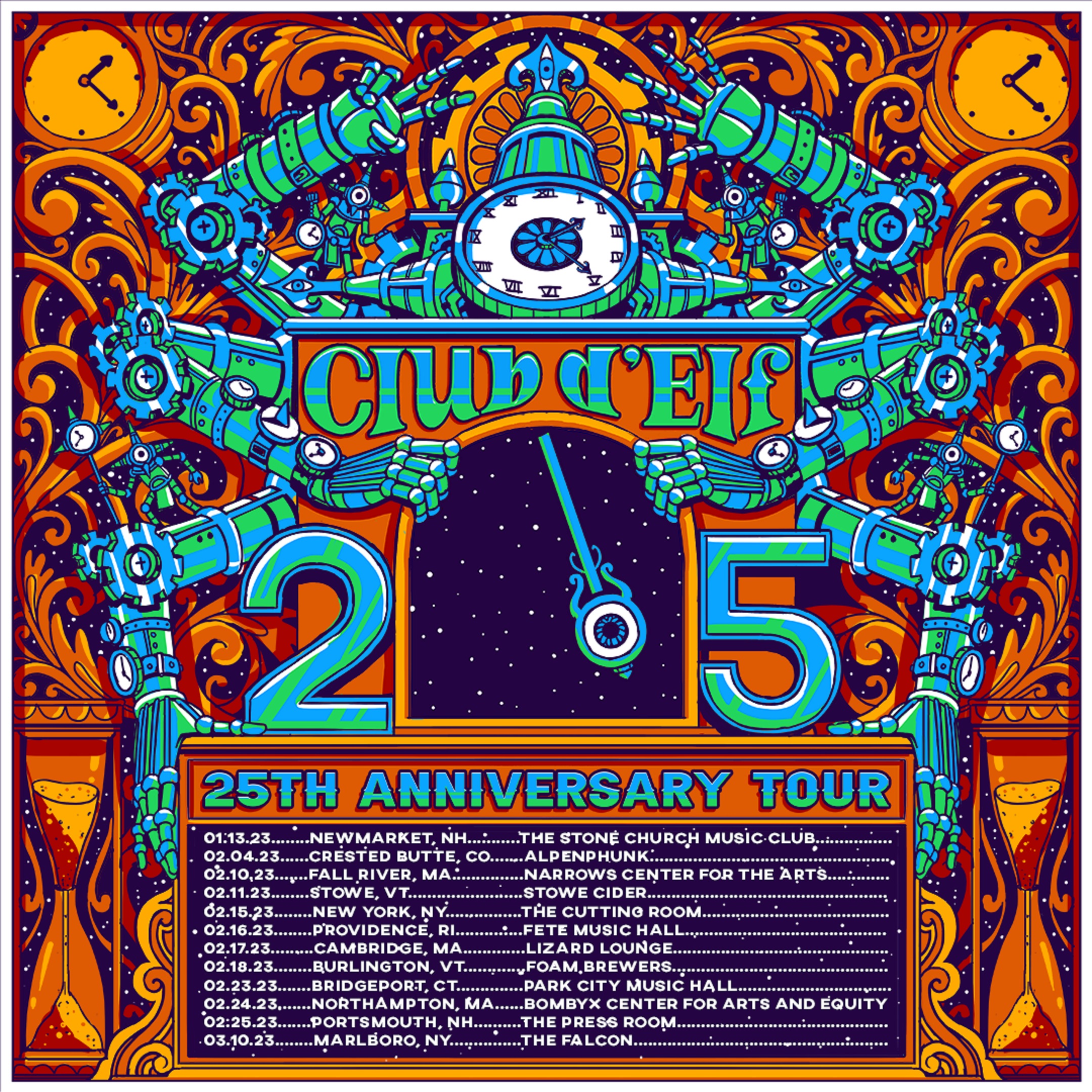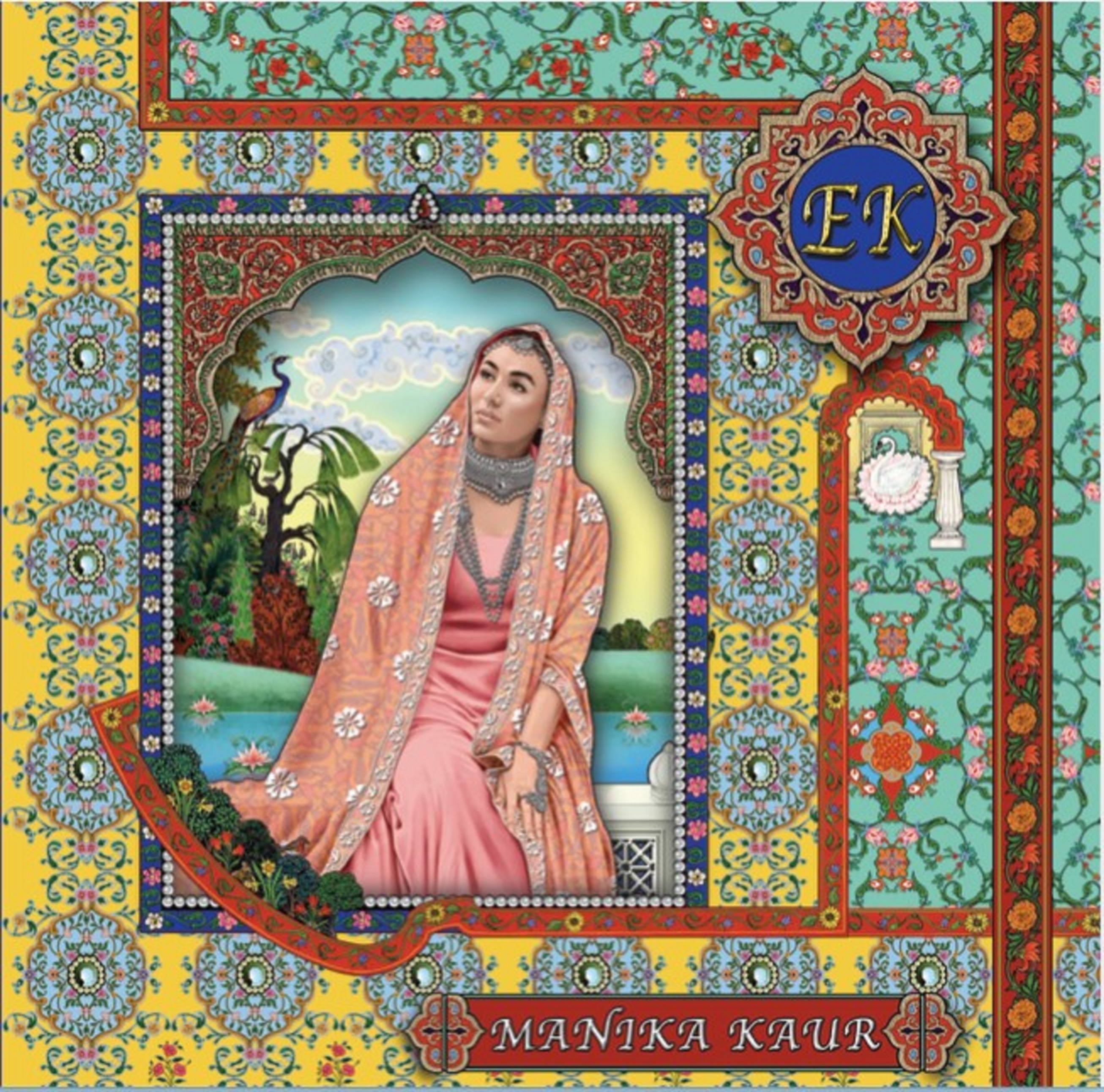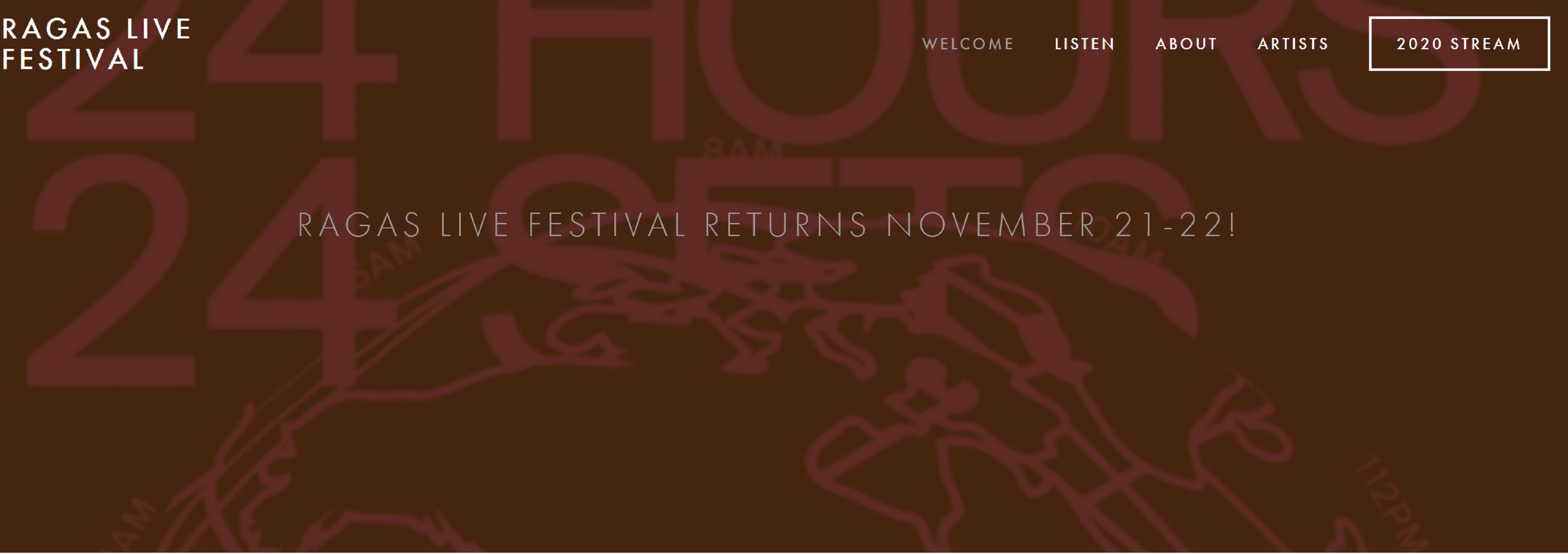Combining Togolese festive and ritual rhythms, hypnotic voodoo melodies and provocative lyrics that speak to a new generation of young Africans, Togolese artist DOGO du Togo has managed to embody the heart and soul of modern Togo with his debut self-titled album DOGO du Togo (to be released Oct. 28, 2022).
DOGO’s distinctive guitar styles and his soulful lead call-and-response vocals blend seamlessly with bass, kpanlogo drums, hands clapping, bells, and shakers to form a richly autochthonous groove so rooted in Togolese life that it seems to spring forth directly from the streets of Lomé.
It is important to DOGO to highlight Togo’s diverse musical styles, including regional festive rhythms and ritual voodoo melodies, while writing songs with a vibe and message that appeals to Togolese people. The first single, “Adze Adze” is a great example of this approach, featuring voodoo melodies and a strong message. DOGO says “this song is calling on young people from Africa to stand up, to do the right thing, to find freedom, and not to let the West take advantage of the continent anymore. At the same time, calling leaders to wake up and actually lead. The melody is especially interesting at the end of the song when the guitar solo is mimicking the chants that you hear in certain voodoo ceremonies.” The song is based on Agbadza music and dance that evolved from the times of war into a very popular recreational dance. Everyone is welcome to join in the dance, unlike other Ewe dances, which sometimes are reserved for people of a certain age, religion, or gender.
The track “Obligation” has a similar melodic and political bent but is played over the faster Gazo rhythm also from the Ewe people who live in parts of Ghana, Benin, Côte d’Ivoire, and Togo, a region which DOGO calls too small to be divided.
On a more festive note, the track “Sokewo” is based on the Akpesse-Bobobo rhythm. DOGO says “This song is very important because it’s about forgiveness. Bobobo gained national recognition in the 1950s and 1960s because of its use at political rallies and the novelty of its dance formations and movements. It is generally performed at social occasions. This is a social dance with a great deal of room for free expression so it became popular quickly.”
While political themes are prevalent on many of the album’s tracks including “Africa” and “Adja,” which addresses police brutality, other songs are of a more personal nature. For example, the first song on the album, “Zonva,” DOGO wrote for his son when he was born. “I tell him I love him and tell people to take care of the kids because we see that so many kids are being abandoned in society these days. So the album is not only political but is also really personal.”
Another personal track, “Von Na Agbeto” is based on the Simpa rhythm played in the northern part of Togo by the Tem people. Simpa originated from Sierra Leone’s Gumbe (brought by the freed slaves who relocated during the 18th century from Jamaica). Gumbe traveled to Ghana, where it mixed with highlife to create the Ghana Simpa (faster than the one played in Togo). The Ghana Simpa traveled to Togo and changed due to the influence of other music in Togo. This song tells the story of an adopted orphan who forgot all about his adoptive family when he became wealthy. The lyrics warn the good-hearted to be careful and not trust too much. DOGO explains this is a very personal story because the orphan in the story was someone his parents took care of, and someone he considered a brother.
DOGO previously released “Von Na Agbeto” in Togo; it quickly topped the charts and remained a favorite on many radio stations in the country. As the track caught fire, Togolese DJs began calling DOGO “L’enfant du pays” (the native son) for the way he expertly weaves Togolese culture and tradition into this new, exciting sound.
About that unique sound, DOGO says, “I really wanted this album to be acoustic because I just want it to feel like Togo compared to other countries. Togo isn’t noisy, even the capital city of Lomé is ambiently less chaotic than other cities, like Kinshasa in Congo or Lagos, Nigeria. Lomé isn’t quiet but it has a subtleness; it brings you peace, and when we recorded in Togo, I didn’t want the guys to overplay. I wanted them to play in a way that we don’t take much out of the authenticity. We made sure that the music is not distorted by the arrangement or by the instrumentation. We really made an effort to capture that feeling of Togo in the recording process and made sure that we stayed as natural and authentic as possible.”
Born in Lomé, Togo, Serge DOGO moved to the U.S. and settled in the Washington, DC area in the 2000s where he created critically-acclaimed Afropop/Afrofunk band Elikeh. Now a fixture on the regional club and festival circuit, Elikeh is known for their high energy live performances and original material. Yet, after releasing Elikeh’s 3 albums and an EP to rave reviews, DOGO was inspired to do something closer to his Togolese roots for his next project and began spending more time in his native Lomé in recent years. Being there and performing with his friends is what inspired him to record DOGO du Togo.
“I want this album to really feel like you are in Togo when you listen to it,” says DOGO. “I also want to make sure that I really represent Togolese music authentically, that the inspiration is not from outside influences, but from the heart of the county and the culture.”





